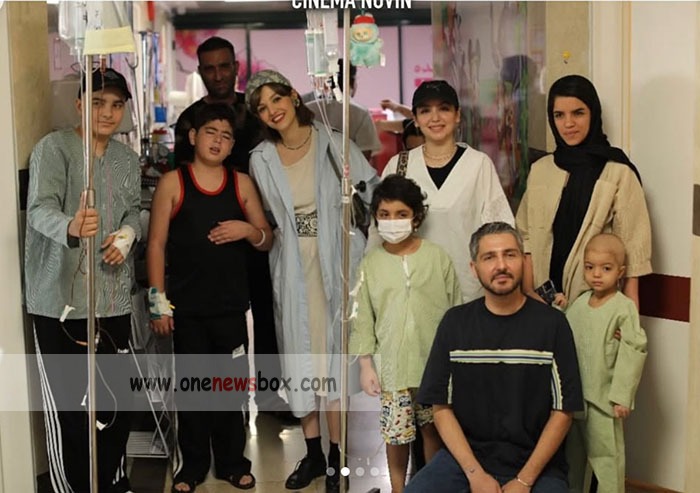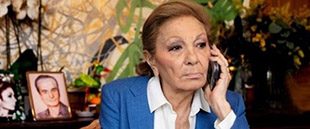The early 1990s in Iran were marked by a society still recovering from the long and devastating Iran-Iraq War (1980–1988). Economic difficulties, strained public health resources, and widespread trauma left many vulnerable groups, especially children, in precarious conditions. It was during this period that Saeideh Ghods recognized a profound gap in the support system for children with cancer. Families often faced not only the burden of illness but also financial ruin, as treatment was expensive, prolonged, and emotionally draining.
Ghods envisioned an organization that would go beyond traditional charity. Rather than distributing temporary financial aid, MAHAK was to be a comprehensive support system—combining treatment, accommodation, psychological support, research, and social integration. From the outset, the organization’s founders believed that the survival and well-being of children with cancer could not depend on the efforts of a single benefactor or a small circle of donors. It needed to be a national movement, mobilizing resources from across Iran’s diverse population.
Thus, in 1991, MAHAK was officially registered under number 6567, beginning its journey as a pioneering force in Iran’s civil society.

